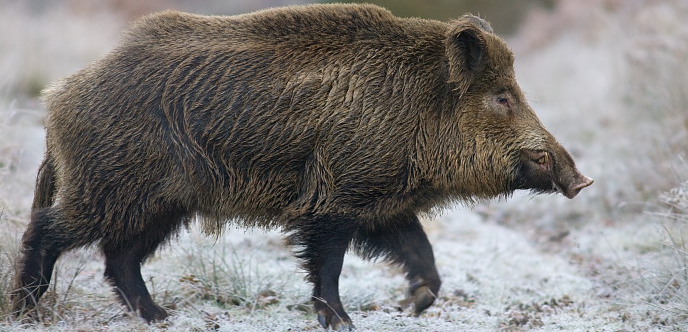The European Commission has warned that the spread of African swine fever (ASF) poses a ‘serious risk to the European pigmeat market’.
The Commission made the stark warning after it agreed to allow the use of EU funds to compensate small Polish pig farmers forced out of business because they are unable to comply with strict new ASF restrictions imposed by the Polish authorities.
A total of €9.3 million will be provided for Polish farmers who own no more than 50 pigs and/or piglets and are situated in high-risk ASF areas. Farmers will receive €33 (£30) per piglet and €52 (£46) per pig. Recent outbreaks in Poland have been blamed on poor biosecurity, with pigs allowed in areas where wild boar have had access.
Farmers eligible for European aid will only be permitted to restart pigmeat production if and when they are able to meet the new requirements, and not within two years of having benefitted from support.
The Commission has put in place strict sanitary restrictions at European level to try and prevent further spread of the disease. The Polish authorities introduced further requirements in areas most at risk.
The Commission said: “The presence of ASF poses a serious risk to the European pigmeat market, as any spreading of the disease within the EU would have a severe impact on pigmeat producers. In addition, the sector relies significantly on exports and so further outbreaks of the infectious disease could seriously destabilise the market.”
ASF has been present in eastern Europe since 2014, leaping west recently to the Czech Republic and Romania. About 16,000 pigs had to be slaughtered on a single farm in Russia, after the disease was confirmed on it in early September.
The ASF risk level in the UK was recently raised from ‘very low’ to ‘low’.




